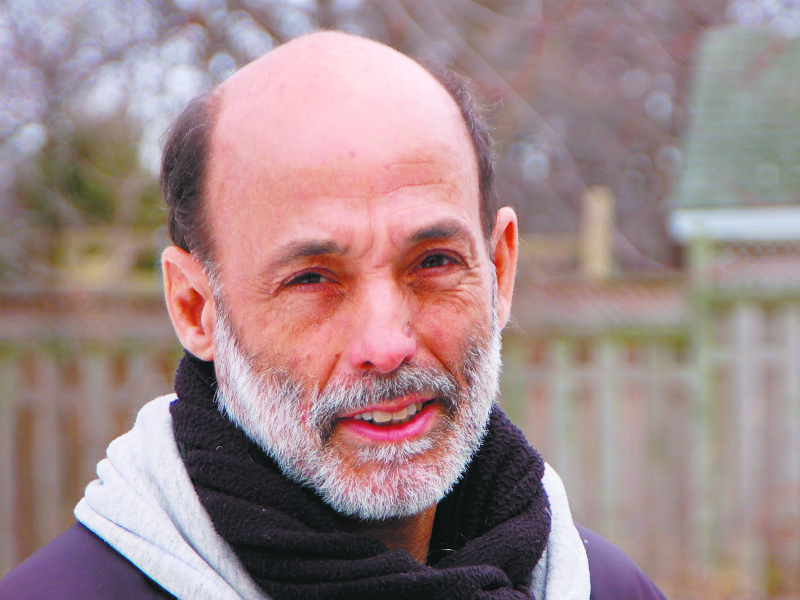Here we go again: another name in the news hoping someone will notice that his parents were Holocaust survivors, in a matter wholly unrelated to the Holocaust.
This time, it’s David Kattenburg, the pro-Palestinian activist from Winnipeg who thinks it’s misleading and fraudulent for wines made in the West Bank to be labelled “Product of Israel” because Canada and most of the world do not regard the West Bank as part of Israel. He’s gone to court to right this perceived wrong, and the court has sided with him.
Kattenburg’s lawyer is Dimitri Lascaris, a leading figure in the pro-Palestinian movement. On his blog, Lascaris referred to his client as Jewish and the child of Holocaust survivors. Okay, it was just a blog post.
But in court, amid stacks of documents from both sides, there it was in Kattenburg’s official memorandum of fact and law. He is described as a science educator, journalist and human rights activist – and as “Jewish and a child of Holocaust survivors.” I was hoping the judge might wonder what this had to do with anything, but there were bigger issues before her. In any event, her ruling also noted Kattenburg’s Holocaust pedigree.
What does Kattenburg’s status as the child of Holocaust survivors have to do with this case? I queried Lascaris, who replied: “David’s answer is that his parents’ experiences have helped set his moral compass.”
Although he occupied the other end of the political spectrum, one is reminded of Mark Adler, the Conservative MP for York Centre from 2011 to 2015. When he ran for re-election, Adler’s campaign material noted, among his accomplishments and commitments, that he was the son of a Holocaust survivor.
Was that relevant, even in a highly Jewish riding? Did the status give him special powers? The claim was odd but might have been justified as something that imbued Adler with certain sensitivities about racism. Other members of the “2G” (second generation) also have finely tuned antennae when it comes to prejudice and suffering.
Others were angry. “Who needs Yad Vashem when Holocaust awareness is now being promoted on partisan Conservative signage?” journalist Jonathan Kay huffed on Twitter.
Then, closer to the election, Adler upped the ante by claiming to be the first child of a Holocaust survivor to be elected as a member of Parliament. This time, the gloves were off. He was clearly trying to capitalize on an accident of birth. But also, as it turned out, he was wrong: the first child of Holocaust survivors elected as an MP was Raymonde Folco, a Liberal who represented a Montreal-area riding from 1997 to 2011.
Folco was less than pleased with Adler’s sloganeering, telling The CJN at the time that she thought it was “disgusting” for him “to use the Holocaust in this way, for personal ends.” She said that, as an MP, she never publicized her status as a child of Holocaust survivors, while Adler was “profiting” from it.
Adler quickly removed the line from his materials, but the damage was done.
READ: WEST BANK WINES CAN’T BE CALLED ISRAELI, COURT FINDS
As the child of two Holocaust survivors (and the son-in-law of two more), here’s my advice for those who find themselves in the public eye: leave your Holocaust-issued moral compass at home when what you’re doing has nothing to do with the Holocaust and aims only to suggest that, somehow, you are special because your parents suffered.
Unless it’s at a job at a Holocaust centre or as a Holocaust educator, it’s hard to imagine a scenario in which one should trade on the status. Trying to score points with it in a court of law seems especially inappropriate.
Norman Finkelstein, the odious anti-Israel academic, also used his mother’s Holocaust experiences as his moral compass to excoriate Israel for using the Holocaust to justify its treatment of Palestinians.
Being a child of survivors does indeed confer a special status, but it shouldn’t be on your resumé or used as a cudgel in the public arena.
